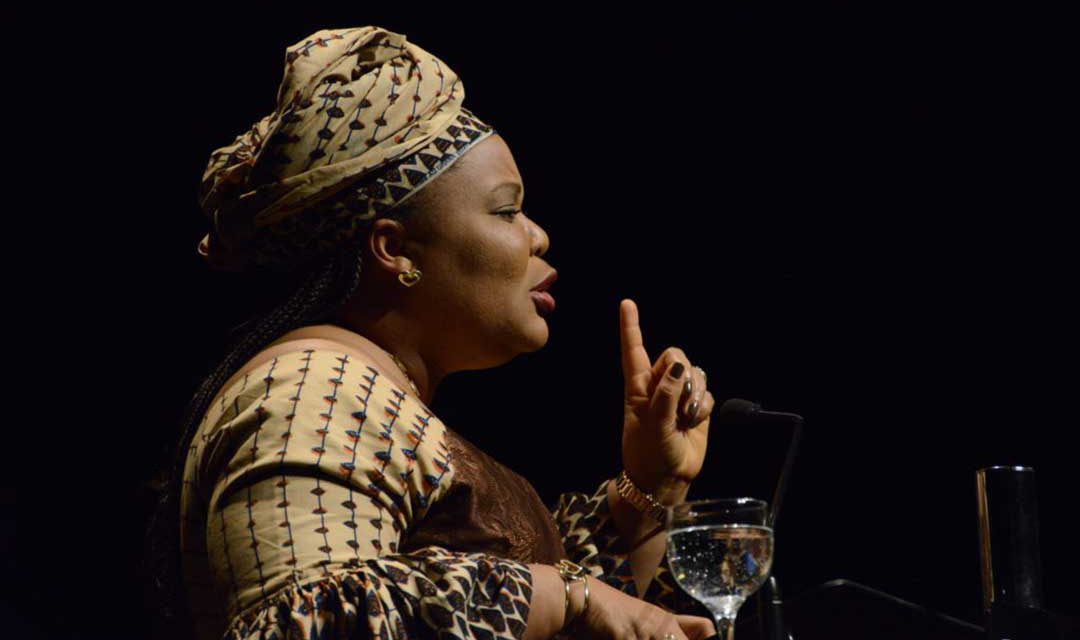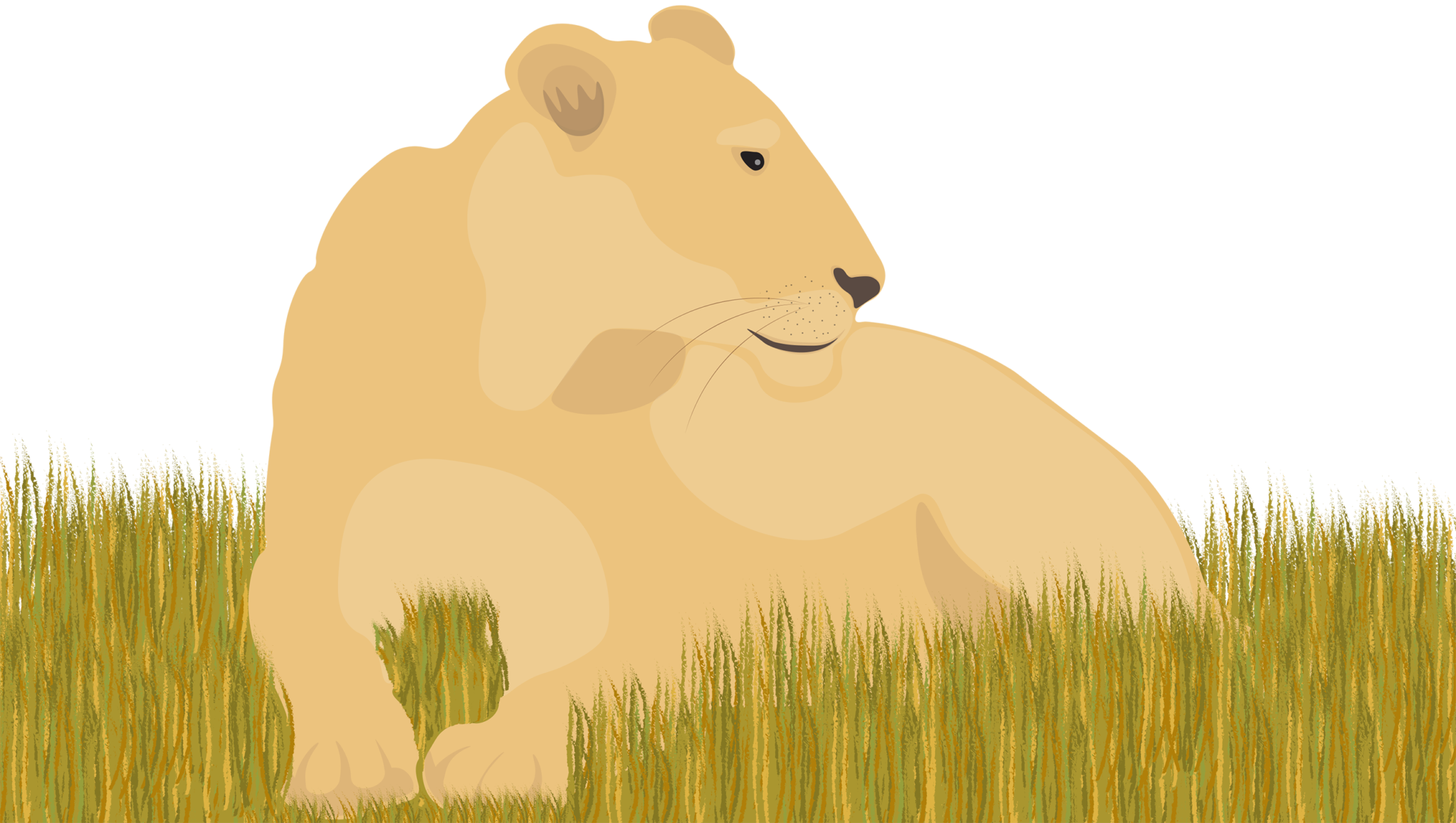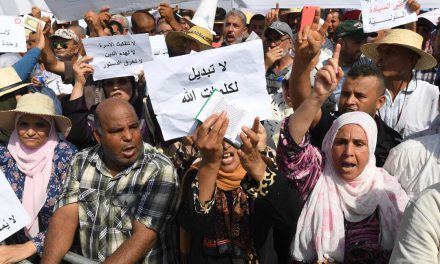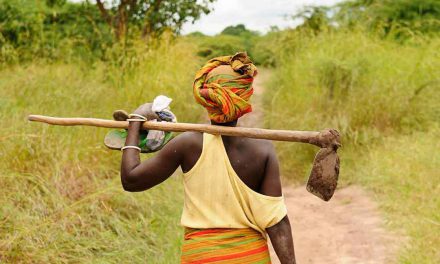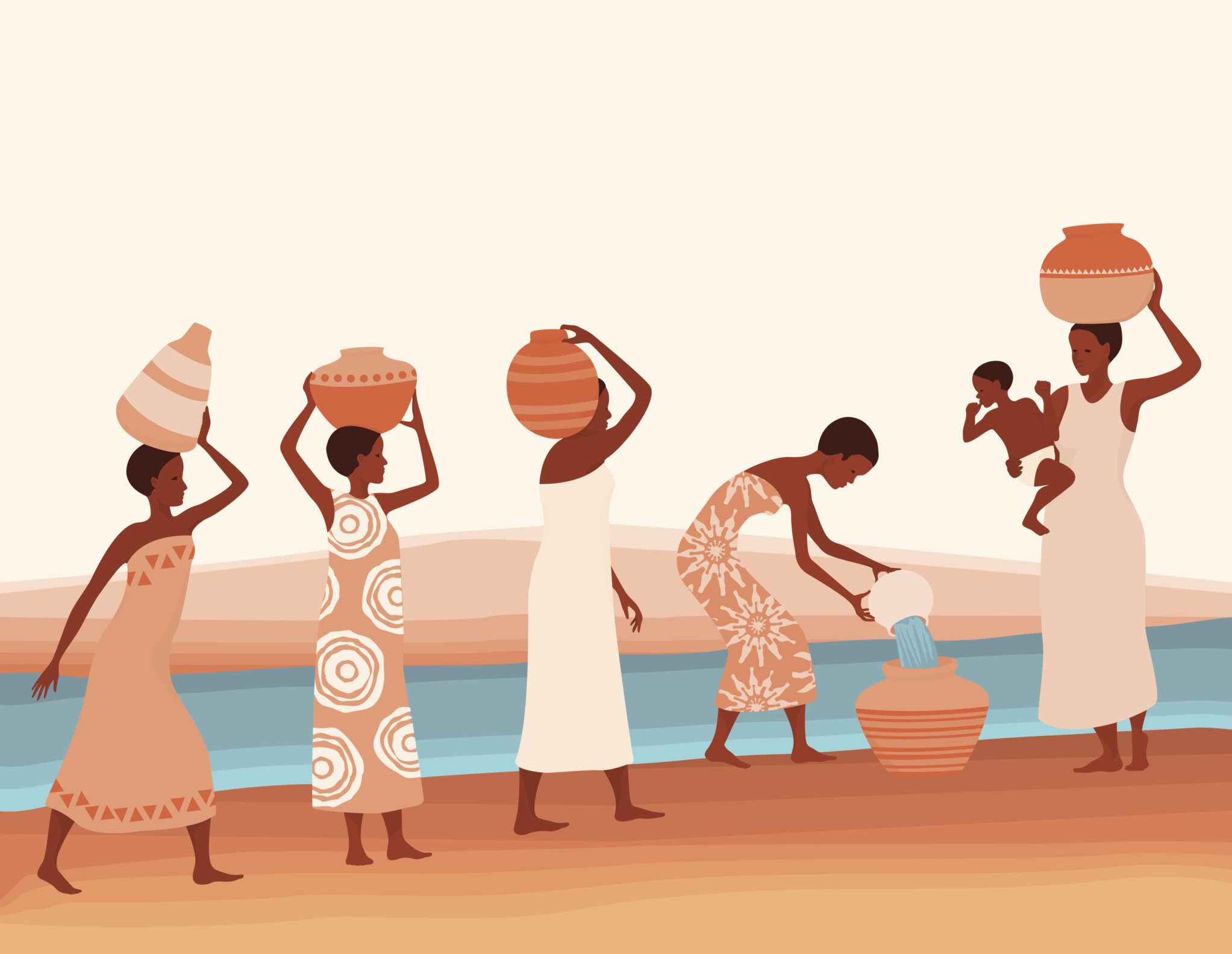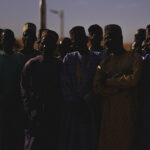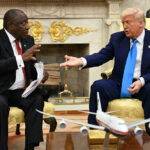A multi-faith, women’s mass movement for peace in Liberia was instrumental in ending civil war and installing Africa’s first female president, but there’s still much to do
About 15 years ago, Liberia was engulfed by a brutal civil war, which pitted rebel forces against the government of President Charles Taylor. The rebels invaded Liberia in April 1999, two years after Taylor – a former rebel himself – was elected as president to mark the end of that earlier civil war, which broke out in December 1989.
But by 1999 civil war had broken out in Liberia again, with rebel forces challenging the Taylor regime, culminating in intense fighting in 2003. While the men were on the battlefields, a new social movement led by Liberian women emerged. Dubbed the Women of Liberia Mass Action for Peace, this social movement mobilised women to seek a peaceful, violence-free, democratic society, and became one of the largest ever non-violent campaign groups in the conflict-ridden country.
The Liberian women’s movement contributed to the signing of the Comprehensive Peace Agreement (CPA) in August 2003 in Accra, Ghana, between representatives of the then-embattled government of Charles Taylor and rebel forces, political parties and civil society organisations. But this was not the end of Liberian women’s involvement in facing the nightmarish situations that confronted the country after the end of the war.
Between October and November 2005, members of the group helped to campaign for the election of Ellen Johnson Sirleaf as Liberia and Africa’s first woman president. Johnson Sirleaf went on to serve two six-year terms, beginning in mid-January 2006. Her second term ended in January 2018, and as a mark of respect for the constitutional term limit, Johnson Sirleaf formally turned over power to the country’s new democratically elected president, George Weah. The latter is a former Liberia and international soccer star, who until his election to the presidency, was a senator in the bicameral legislature of Liberia.
Many factors were involved in the emergence of the Women of Liberia Mass Action for Peace, but two are especially relevant here. The first is UN Security Council Resolution 1325 on Women, Peace and Security, adopted in late October 2000. The resolution recognised the role of women in the prevention and resolution of conflicts, peace negotiations, peacebuilding, peacekeeping, humanitarian response and in post-conflict reconstruction. It also stressed the importance of women’s equal participation and full involvement in efforts to maintain and promote peace and security. Its adoption came at a time when, after a brief respite, Liberia was beset by another civil war.
The violence, destruction of lives and property and, more widely, the sheer scale of the human suffering caused by the civil war was a second important factor. The movement represented women in civil society and non-governmental organisations as well as private individuals from different sectors of Liberian society. These included the Christian Women’s Peace Initiative, Liberian Muslim Women for Peace, the Liberian Women Initiative, the Mano River Women Peace Network (MARWOPNET) and the Women in Peacebuilding Network (WIPNET). All of these organisations would later “morph into the Women of Liberia Mass Action for Peace,” according to Leymah Gbowee, the organiser of the campaign and founding coordinator of WIPNET in Liberia, who went on to win the 2011 Nobel Peace Prize for her work.
The women’s mass action campaign pushed for an end to the civil war and in particular for an end to violence against women, girls and children. Attorney-at-law Asatu Bah-Kenneth, a trained law-enforcement officer who headed the Liberia Muslim Women for Peace, says she decided to organise Muslim women in 2003. “I felt that the bullets were not only looking for Christians,” she told Africa in Fact. “If Christian women were involved, Muslim women needed to get involved too.”
The Liberian women mass action campaign thus brought together members of the two main religious groups in Liberia, as well as individuals from other faith backgrounds. This configuration was important because the war in Liberia had been shaped to some extent by loyalties to religion and ethnicity. Bernice Freeman, one of the organising founders of WIPNET, says her involvement in the mass action was due to the experience of her own family.
“Well, I got involved, firstly, because my sister was killed, and the war was spreading into Monrovia (Liberia’s capital),” she says. “My family had been killed, my relatives were killed, my friends were killed, and some of us were raped several times. As women, we felt we could not sit idly by. So we called a mass meeting and visited markets, churches, [and] mosques. We wanted the warring factions to come to the table. So, we mobilised the women – more than 35,000 people – to come together, Muslims and Christians.”
The women also demanded full participation in the peace process and efforts to reconstruct Liberia, in line with UN Security Council Resolution 1325. The demands were, to some extent, met; the group was included in the peace talks in Ghana that led to a negotiated settlement to end the Liberian civil conflict in August 2003. As a consequence, a national transitional government was agreed and inaugurated. The UN also established a peacekeeping mission, which over time deployed over 17,000 peacekeepers – including civilians, police and military.
This paved the way for the transitional government and the UN to carry out a disarmament, demobilisation and reintegration (DDR) programme, involving some 130,000 combatants, and to hold presidential and legislative elections in 2005.
According to Freeman, who currently serves as a WIPNET advocacy coordinator, as part of the country’s peace-building and reconstruction efforts, women were involved in both the DDR and the electoral processes. Freeman says the women’s campaign for peace inspired many to vote for a woman as president.
“The Liberian people felt that if women could bring the war to an end, they could vote for a woman,” she says. “And we voted for Madam Sirleaf [because] we were tired of women’s issues not being put on the table. We wanted to change history and indeed we changed history. We went from market place to market place urging people to vote for her. We said, ‘Vote for a woman, let us bring the change’.”
Since its foundation in 1822, Liberia had been an inherently patriarchal society with limited, if any, space for women in positions of power. In fact, it was not until 1946 that Liberian women won the right to vote. Notwithstanding this formal right, until recently Liberian women were mostly treated as the “property of men”, according to Frances Greaves, National Chairperson of the National Civil Society Council of Liberia.
Consequently, expectations of Johnson Sirleaf were high, as she herself was aware. In her inaugural address in 2006 she said that Liberian women had borne the brunt of inhumanity and terror and she recognised “the powerful voice of [Liberian women]” as a contribution to her victory. Among other things, she pledged to give Liberian women prominence in all affairs of the country and to increase their protections under law. During her 12-year term, her administration adopted various policies and programmes aimed at advancing women, but the extent of the improvements is a matter for debate.
Eddie Jarwolo, executive director of the Liberian civil society organisation NAYMOTE-Partners for Democratic Development, believes that the position of Liberian women has been considerably improved. Liberia is now a democratic society, he says, and women, including the current vice president, Jewel Howard-Taylor, have won seats in government. Clarice Jah, a former senator of Margibi county, who also served in the Transitional Legislative Assembly at the end of the war in 2003, agrees. She points to the fact that more women are venturing into the political arena.
But although the Johnson Sirleaf administration is credited with appointing women at cabinet level as well as at lower levels of government, some commentators question whether George Weah’s administration will improve matters. And women’s representation in Liberian politics has been declining over the past decade, especially at the parliamentary level.
Between 2006 and 2011, women represented 14% of the 94-member legislature, but this dropped to 11% after the 2011 presidential and legislative elections. In 2014, a special election for half of the 30-member Senate (or upper house) saw the election of only one woman out of 20 female candidates, reducing the number of female senators from four to three. The UN Development Programme called this “a major setback in the efforts to enhance women’s representation in Liberian politics”.
Little changed after the 2017 elections. In the House of Representatives, the number of seats was increased from 64 to 73, but women only won nine of these, a similar proportion to that after the 2011 elections. The Senate itself now has only two female members. Only 11 women are represented in the 103-member of the legislature, in both the upper and lower houses, says Jarwolo. Former senator Jah says women still face barriers to election or getting appointed to leadership positions. “Male colleagues are always acting like they’re the boss,” she says. “Their ‘suppressive’ attitudes frighten a lot of women.”
On the other hand, women are finding more opportunities on the economic front – mainly in informal, small-scale retail and trade, according to a 2014 report by the World Bank Institute (WBI) and the International Finance Corporation (IFC). According to Greaves, some 90% of Liberian women who are engaged in businesses are “market women”, which means “their access to the economy is based on what they sell”.
Given that Liberian women face difficulties accessing loans through financial institutions, especially in rural settings, Jarwolo notes that the introduction of the Village Savings and Loans programme in the post-conflict context has empowered many women to get involved in small business, and to develop themselves as entrepreneurs. Village Savings and Loan Associations (VSLAs) help women in rural settings to diversify their economic activities by planting additional crops and adding new income-generating activities, while saving and borrowing as well as managing their consumption patterns appropriately.
The former Johnson Sirleaf administration is well regarded for initiatives aimed at getting more girls into school. According to a 2012 UN Children Agency (Unicef) report on Liberian children and women, the enrolment of girls increased by 24% between 2006 and 2007 after the Johnson Sirleaf administration declared primary and basic schooling free and compulsory in 2006. By 2013/2014, the number of girls enrolled in primary school had increased to 320,969, with total enrolment at 683, 977. Nevertheless, half a million children were still not attending school during the Johnson Sirleaf administration.
Partly because of initiatives like these, women are starting to believe more in themselves as people, says Duncan-Cassell. “Women are more inspired … A woman can become president; a woman can become a minister; a woman can become whatever she sets her mind to, because education has become a priority for young girls and women.” Both Greaves and Jarwolo agree, though, that more remains to be done to change ingrained cultural patterns in Liberia, especially in the rural areas, where traditional beliefs concerning the education of women and their capacity for leadership prevail.
So while Liberia has made progress since the end of its devastating civil war, high rates of poverty and unemployment remain a challenge, raising concerns about the future prospects of women in Liberia.
JULIUS KANUBAH is a researcher with interests in development and governance, journalism and media, rurality and natural resource management. He has postgraduate qualifications from Germany and South Africa. He worked extensively in journalism in Liberia and also reported for Germany’s international broadcaster, Deutsche Welle, and West Africa Democracy Radio in Senegal. He also worked in the political section of the European Union delegation to Liberia.

